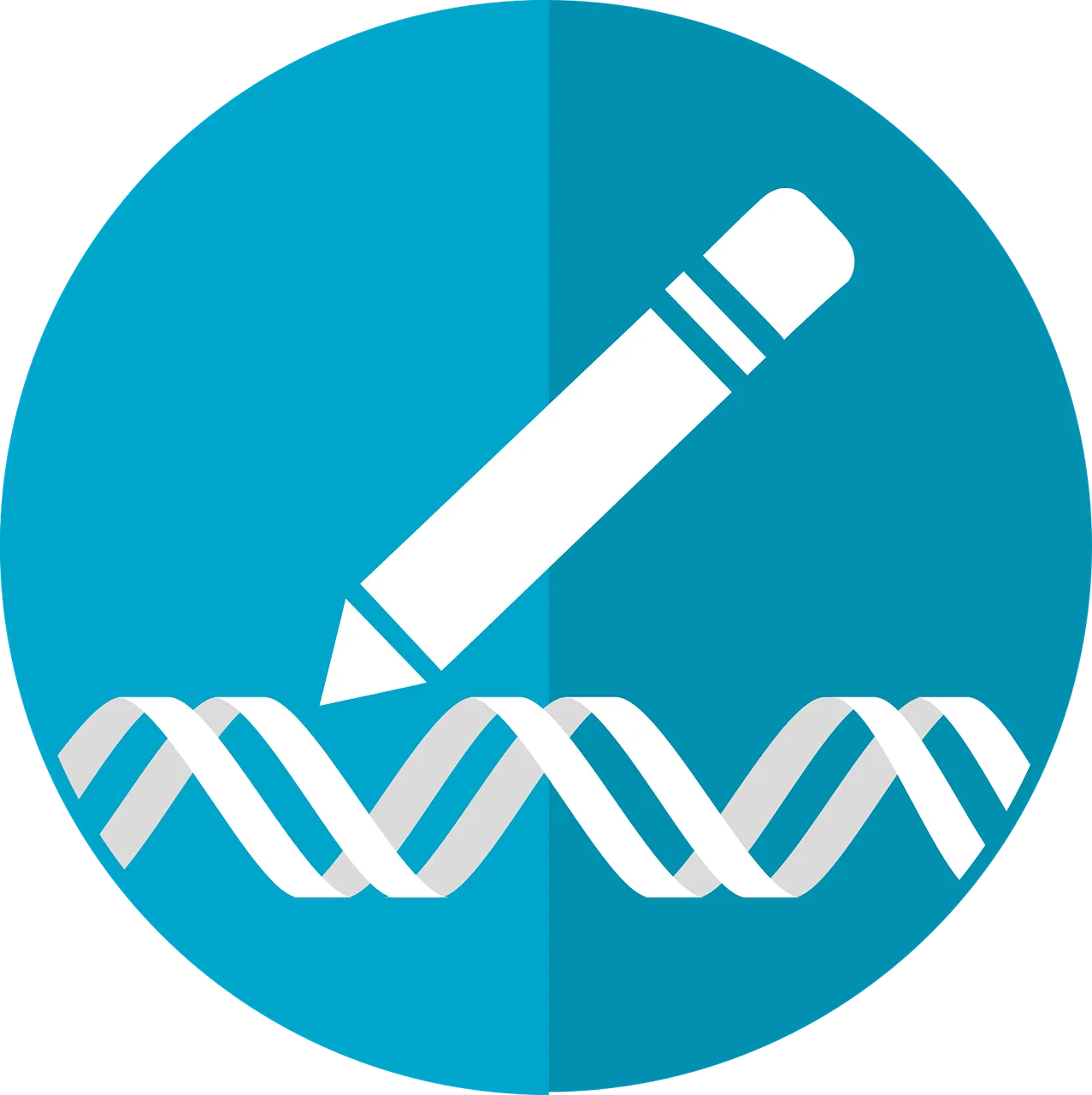
Heart disease is the #1 cause of death statistically in the United States. The fact is, we are more likely to die from heart disease than anything else. The precise statistic below:
610,000 people die of heart disease in the United States every year–that’s 1 in every 4 deaths.
That's right. 1 in 4 deaths are attributed to heart disease. 610,000 people every single year. This indicates that the risk is very high. In a new study they found that by way of gene editing it is possible to modify a risk factor (high cholesterol) and reduce cholesterol by up to 50%. Triglycerides were also dramatically reduced.
Aging is not fun!
We all have to grow old but it's not a fun experience. Stuff you used to be able to do, you find out you just can't do it anymore. Maybe you used to be able to lift heavier weights, or run faster and longer, or your eyes were able to see better. As you age, all your organs take damage, and in addition to this there are some genetic time bombs which go off which are not necessarily well understood. We know for example after a certain age (usually 30) the body begins losing muscle mass faster and faster. We also know after a certain age, the cholesterol, blood sugar and other stuff which is usually tightly controlled becomes a lot less controlled. Finally we know plaque builds up, and while it can happen in youth, it is the case that heart attack risk increases with age as well.
The implications of this gene editing study shows that gene editing can save our lives. It must be noted that this study was done in mice and what is done to mice does not directly translate to success in humans. That being said there have been similar studies in humans showing that deactivating certain genes can reduce cholesterol when combined with Statins. It must be noted, LDL cholesterol by itself does not directly cause heart attack, but it increases the risk by there being more particles (or particles of the wrong type) floating in the blood which can lead to clotting. Reducing the number of these particles is a way to reduce the risk and if a gene edit could do it then this could potentially save millions of lives.
References
University of Pennsylvania School of Medicine. (2018, February 27). Gene-editing reduces triglycerides, cholesterol by up to 50 percent: CRISPR-like technique in animal study offers clues to mimic protective genetic mutations. ScienceDaily. Retrieved March 3, 2018 from www.sciencedaily.com/releases/2018/02/180227111649.htm